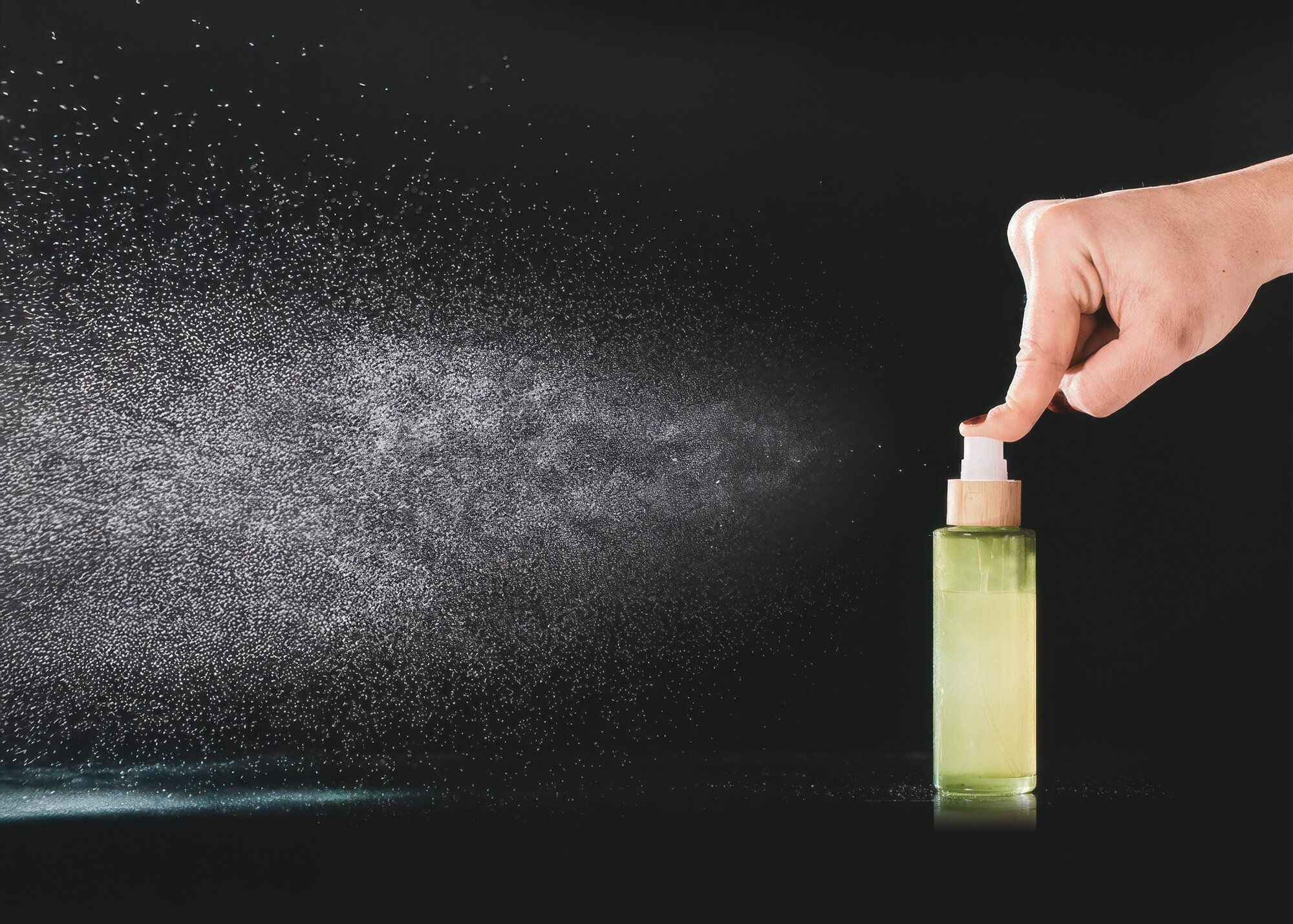The Danish biotech company’s Biocare4life initiative was awarded funding through the EU’s LIFE Program to amplify EcoFLEXY, a plant-based cellulose alternative poised to replace microplastics in personal care formulas, marking a critical step toward cleaner, regulation-compliant beauty
Danish biotech firm Cellugy has raised €8.1 million in funding to accelerate EcoFLEXY, a biodegradable alternative to microplastics commonly used in personal care products. The investment, announced on June 18, will help scale production and position the ingredient as a viable solution for global beauty brands facing mounting regulatory pressure to eliminate microplastic polymers from their formulas. As legislation tightens across Europe and consumer demand for transparent, eco-conscious products rises, the race to reformulate is no longer a question of sustainability—it’s one of survival.
While primary microplastics, such as exfoliating microbeads, have been largely phased out, secondary microplastics—commonly used as thickeners, film-formers, and stabilizers remain pervasive and significantly more difficult to eliminate. To combat this, Cellugy has developed EcoFLEXY offers a bio-derived alternative. According to research by the Plastic Soup Foundation, 87 percent of products from major cosmetic brands still contain microplastic ingredients. The implications extend beyond environmental persistence. A 2024 study revealed that microplastics may disrupt skin function, triggering irritation and inflammation, while recent scientific findings have detected microplastic particles in human brain tissue, raising broader concerns about systemic exposure and long-term health effects. According to the company, EcoFLEXY performs comparably to synthetic polymers but breaks down without leaving behind persistent plastic waste—a core concern for regulators and brands alike as the European Union’s microplastics ban goes into effect.
Microplastics have been widely incorporated into personal care products for their texture-enhancing and stabilizing properties. But mounting evidence of their environmental harm—and legislative shifts such as the EU’s REACH restrictions—has placed pressure on manufacturers to find scalable, compliant alternatives. Cellugy’s focus on B2B supply positions it as an ingredient technology partner rather than a consumer-facing disruptor, which could accelerate adoption across multinational brands seeking ready-to-integrate, regulation-safe solutions. CEO Isabel Alvarez-Martos noted that the funding will be positioned to scale production capacity and advance commercial partnerships within the beauty and personal care sectors.
